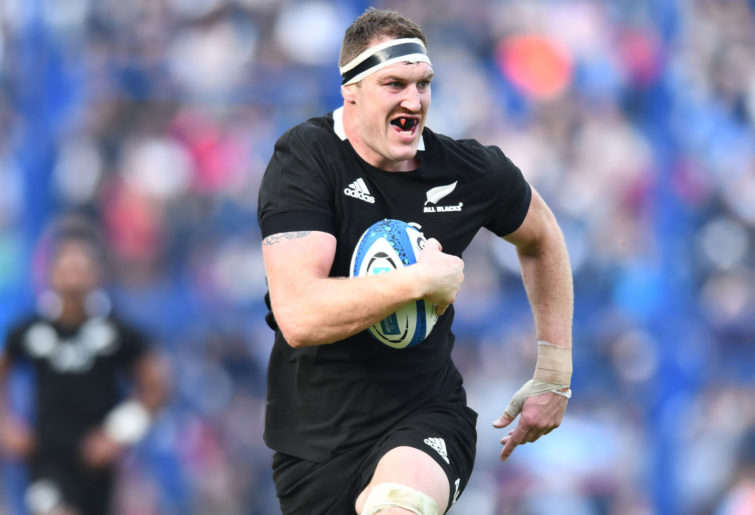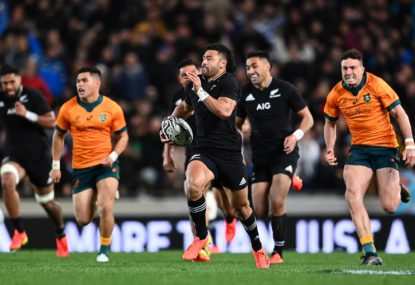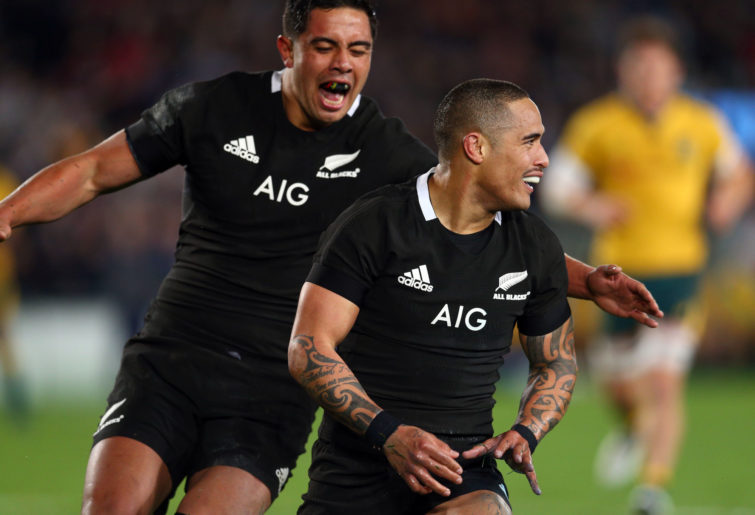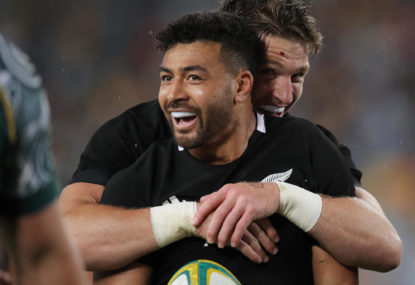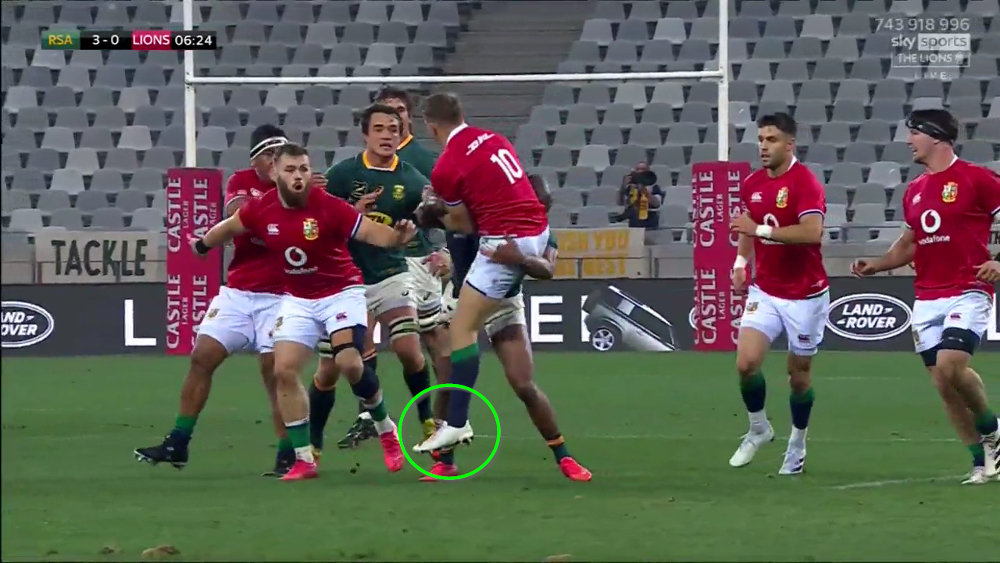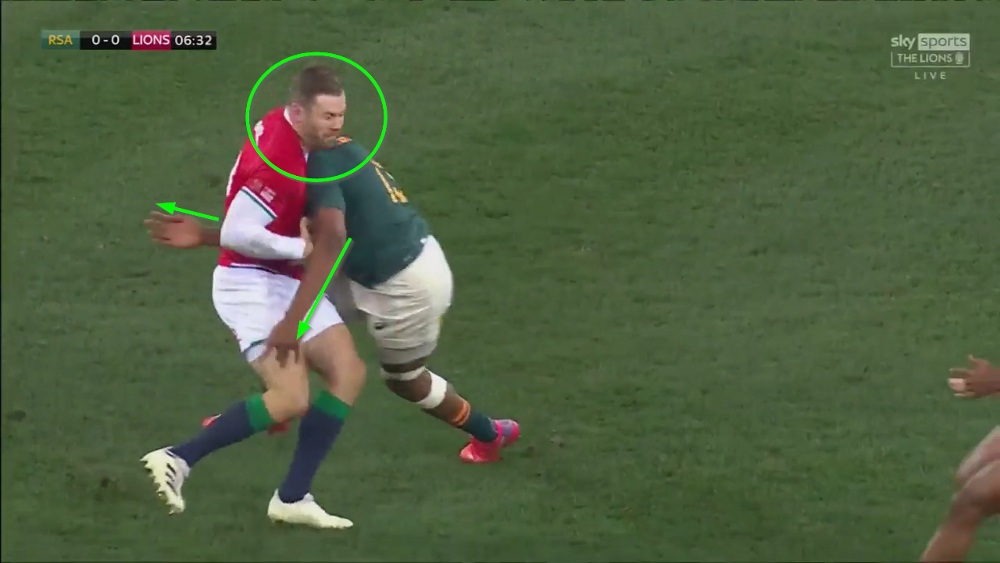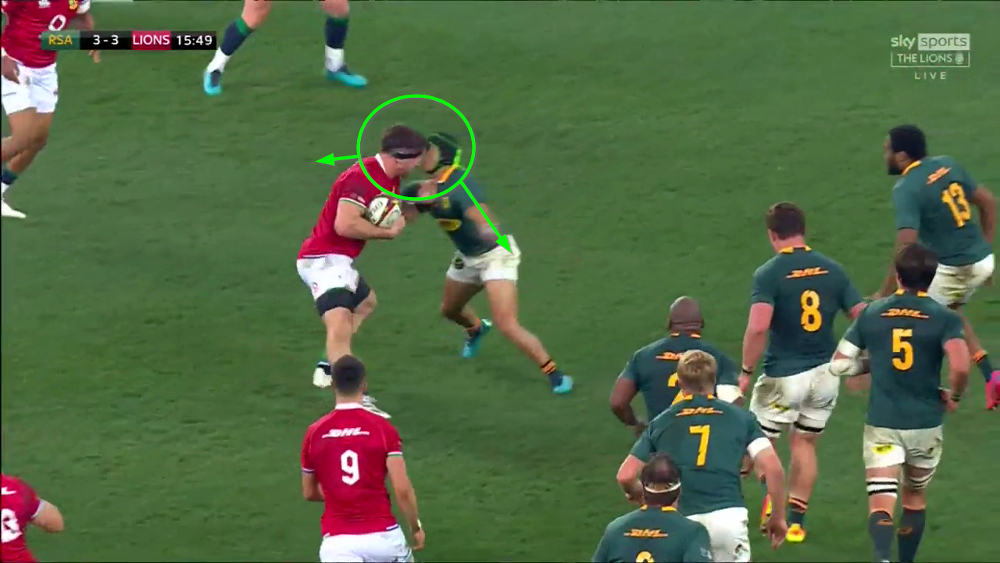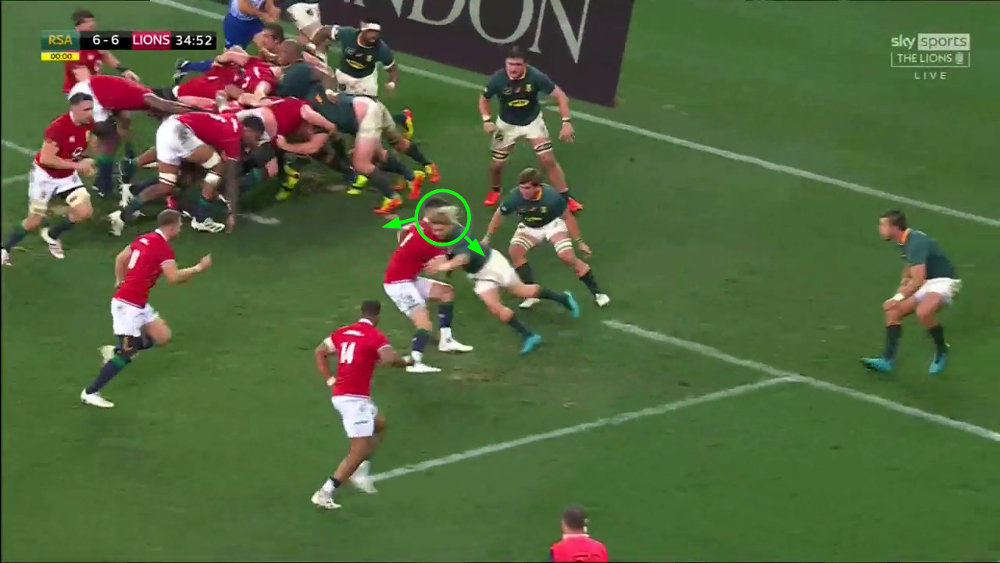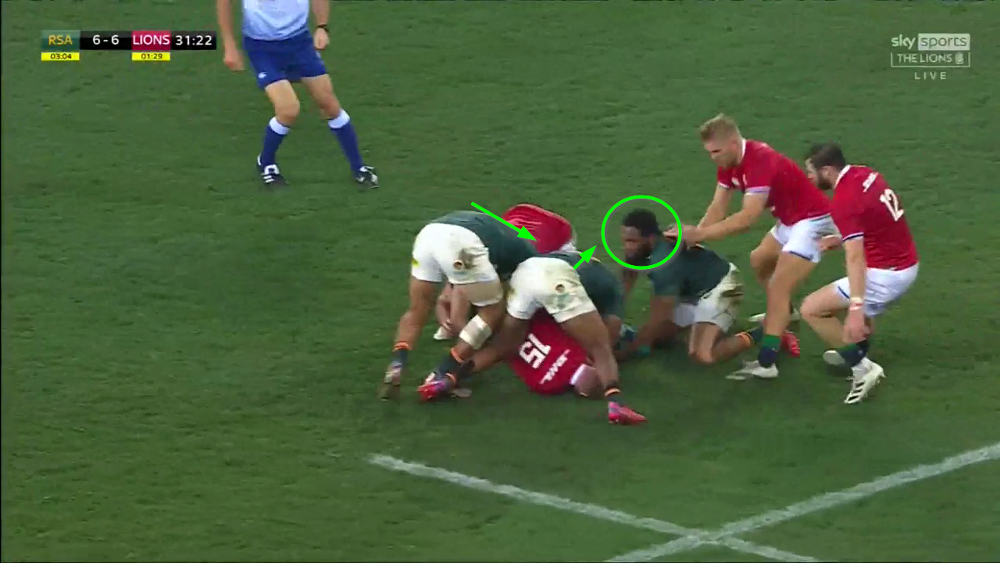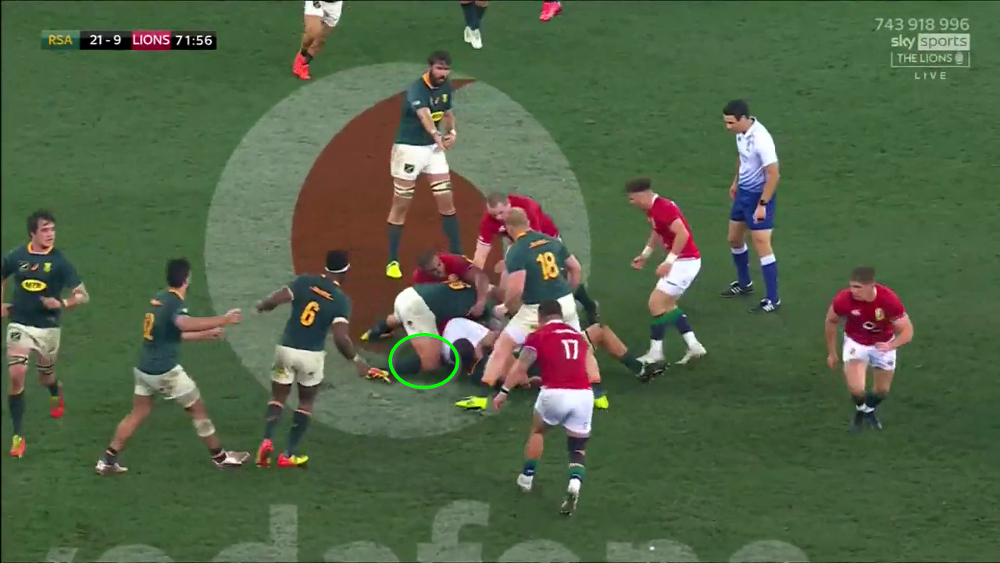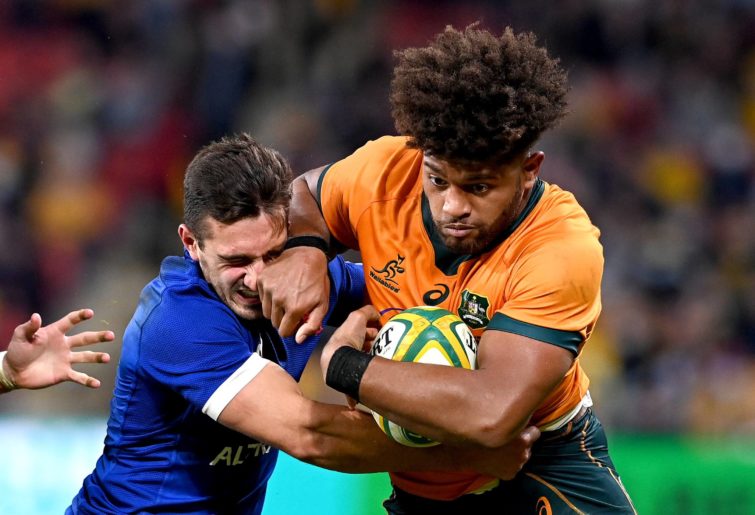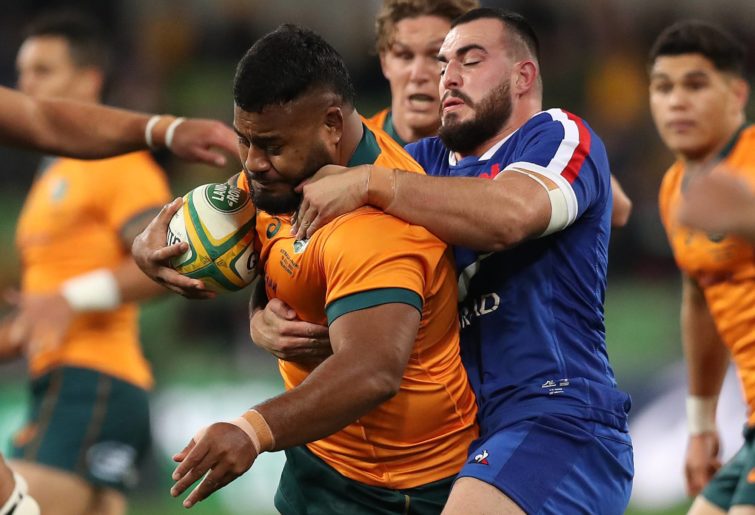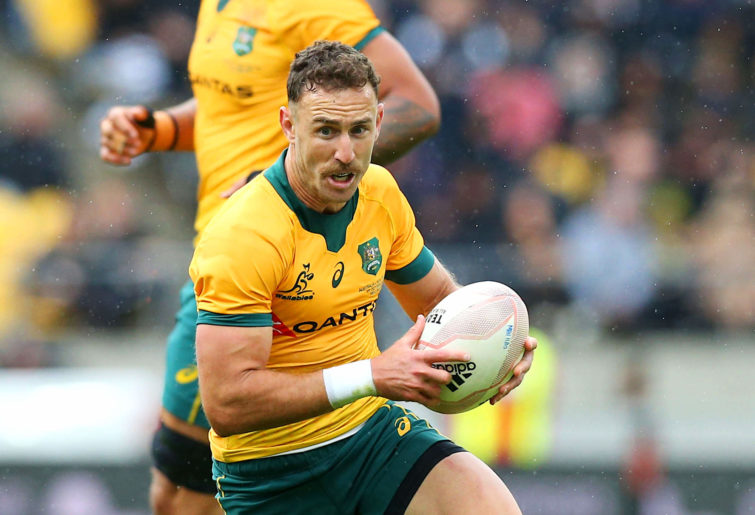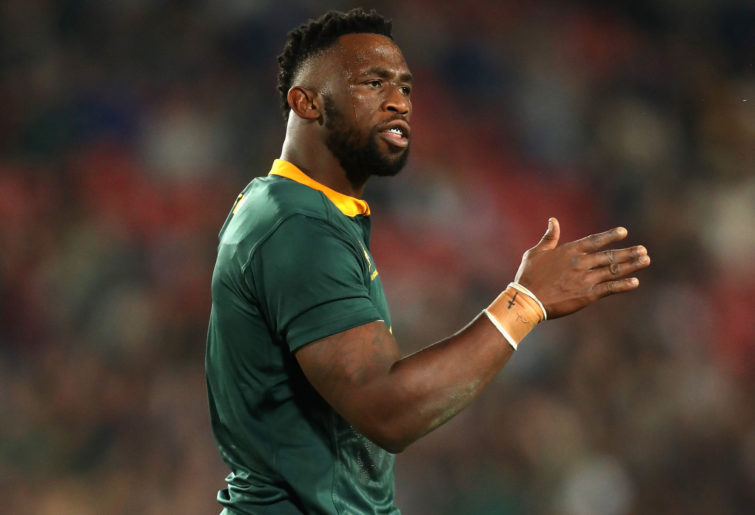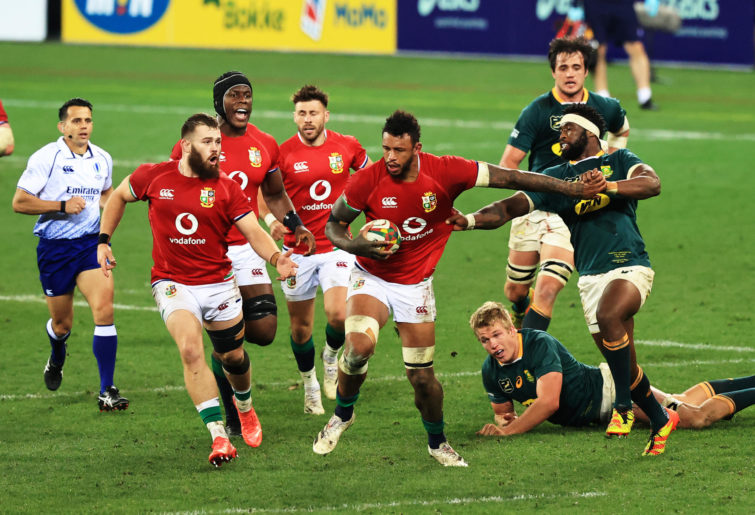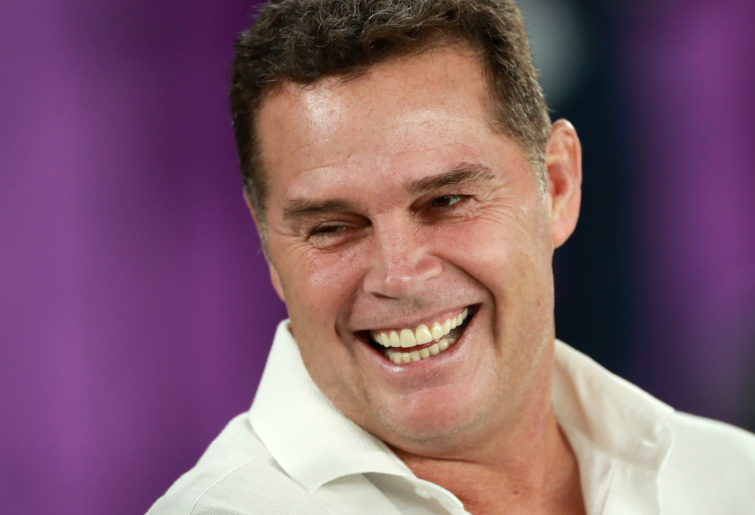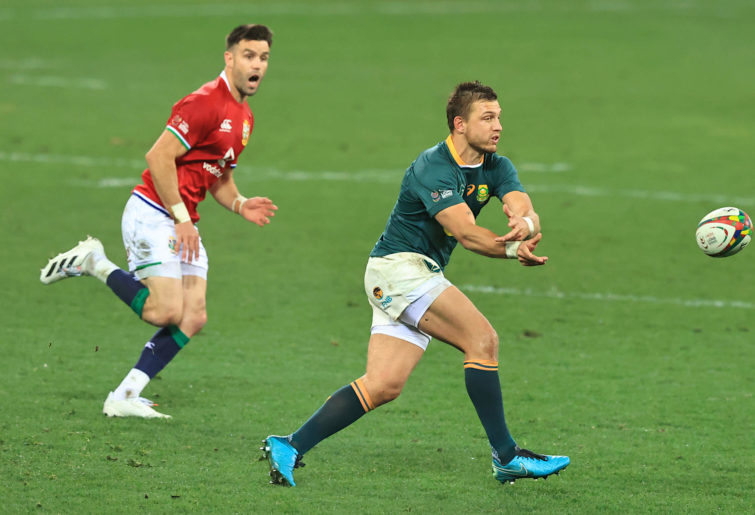Rennie is a man with a mission.
With Rennie at the helm the Wallabies are no longer a shipwreck waiting to happen, with previous skippers thrown or leaping overboard. The Wallabies crew needed a strong leader to navigate this rugby ghost ship.
For years the green and gold jersey has struggled – struggled to impose themselves on the world of rugby, struggled to intimidate the top three teams and struggled to be recognised as something valuable and worth following.
It’s strange how far the Wallabies have drifted off course when you consider they’re the closest team to the All Blacks, not just geographically but also culturally. The two nations share common interests, strengths and ambitions.
Both countries seem to put extracurricular activities ahead of educational values.
The youth are exposed far more to sporting legends than academic superstars. They look up to sports men and women for inspiration. Legends like Tom Carroll in surfing to Mal Meninga in rugby league or Cathy Freeman in athletics, to name a few.
This focus on sporting achievement is a major driving force within Australia. You only have to look at the Aussie Olympic results to see how much effort and determination is put into sports and athletes Down Under.
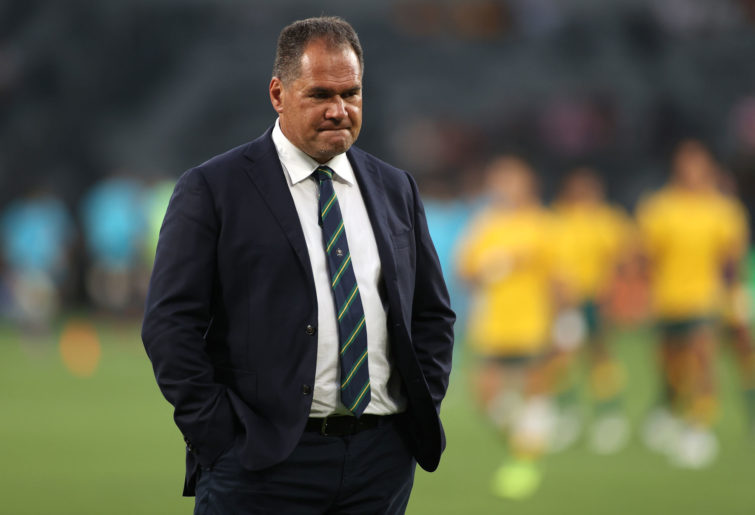
(Photo by Cameron Spencer/Getty Images)
It’s no secret that Australia has this underlying competitive nature lurking beneath the surface. It’s a side to them that thrives in certain individuals.
However, in some cases there needs to be a special leader or mentor to stir this competitive nature within them – an insightful person who knows what buttons to push and bring it up to the surface.
That’s what the Wallabies have been lacking, a mentor who can stir the emotions and draw out that focused competitive nature.
Unfortunately for years there’s been a negative attitude within the Wallabies environment. There was a negativity that a lot of past Wallabies carried around with them almost like a badge of honour.
This negativity is disguised under a stereotype. You may recognise it when you hear phrases like ‘underdogs’ or ‘backs against the wall’ thrown around frequently during a rugby season.
These are the words from a battle-scarred people.
This is also a type of victim mentality that’s been imposed on the Wallabies, hammered into the team by many coaches as well as past representatives. There’s a belief they’re not equal, that they have to kick and scream to be taken seriously. The Aussie battler is all nice and fluffy, but this team needs to go beyond that.
The Wallabies have to cast away past burdens if they want to be taken seriously. Allow Dave Rennie to shape and mould a strong and powerful force. It will take courage by the players and the Wallabies establishment to allow Rennie to forge ahead in a completely different direction.
One of Rennie first tasks and possibly biggest challenge will be breaking the shackles of the past, not so much in his new squad, who are yet to feel the effects of battle fatigue, but more the battle-weary public and ex-Wallabies who are burdened with negative thinking.
This negative thinking has held this team back for far too long. Victimhood has taken its toll on the Wallabies following.
Also being a victim, this is the kind of attitude that’s held many good Australian athletes from reaching their full potential and becoming great Australian athletes.
Sports opinion delivered daily
Dave Rennie will develop a new culture, a new perspective on the way things are and the way things should be.
Rennie is a hard taskmaster from New Zealand. For a lot of New Zealand players it’s a dog-eat-dog world where egos are checked regularly on the field. If a player gets ahead of himself as far as his talent or skill are concerned, he’s soon put in his place by a superior player.
New Zealand rugby players are judged constantly by attitude and work ethic. There’s no tolerance for arrogance or lack of discipline.
Coach Rennie is still old school in his principles and values. Take the recent incident with some of his key players, who were out drinking and putting themselves ahead of the team. Rennie couldn’t care less about who they are or how important they think they are. He made an example of them all. No-one is above the Wallabies jersey or this team.
I’ll expect Rennie will be instilling a sense of pride and passion that’s been lacking in the Wallabies jersey for a long time.
Don’t get me wrong, Michael Cheika had plenty of passion for the Wallabies, but it was misguided. He was a prime example of playing the victim role, and the worst part was he allowed his players to believe in it as well. This intense passion soon became deluded and ineffective.
For the Wallabies, the true essence of a competitive nature has been dormant for some time. I’m not just talking a ‘turn up and try your best, fellas’ kind of attitude but about converting it into a commitment to putting your bodies on the line kind and, most importantly, checking your egos at the door.
If you’re not willing to step up, don’t let the door hit you on the way out.
That’s where Upper Hutt-born Rennie could has the potential to revolutionise the Wallabies.
Rennie knows the ins and outs of New Zealand rugby and he knows the characteristics of a quality rugby player better than most. He’s been involved extensively within New Zealand rugby, from coaching the Manawatu Turbos to coaching the New Zealand under-20s and winning three consecutive world titles and also the Super Rugby title.
He also has invaluable experience in northern hemisphere rugby with the Glasgow Warriors. In Rennie’s first season Glasgow Warriors made the Pro14 semi-finals.
For the 2018-19 season Rennie’s Glasgow Warriors reached the Pro14 final at Celtic Park in Glasgow. This kind of experience will pay huge dividends for Rennie as well as the Wallabies in years to come.
With Dave Rennie as head coach the Wallabies will be taught key lessons that will be imprinted on the players, principles that will follow these men not just for their time within the Wallabies but in all aspects of their lives.
Rennie also knows when he’s found talent or a skill set that can be utilised to gain an advantage on his squad.
So my advice is if you have a concern about any member of the squad or a selection issue, relax. Put your faith in Rennie and his methods, and be patient. Some systems take time to find maximum accuracy.
One other thing Rennie will bring – and this may be unfamiliar territory for some Wallabies and the broader community – is a culture without an escape clause. There will be no-one else to blame. The buck has to stop with the individual. The players must be responsible for their actions.
Rennie isn’t a man who hides behind excuses. His truth is his words and his words are his truth.
The Wallabies have been mollycoddled for long enough. As the old saying goes, a ship in harbour is safe, but that is not what ships are built for.
So batten down the hatches, let Dave Rennie take the wheel and sail the Wallabies beyond the horizon.
Original source: https://www.theroar.com.au/2021/08/12/why-dave-rennie-can-right-the-wallabies/
https://blog.therugbystore.com.au/why-dave-rennie-can-right-the-wallabies/
